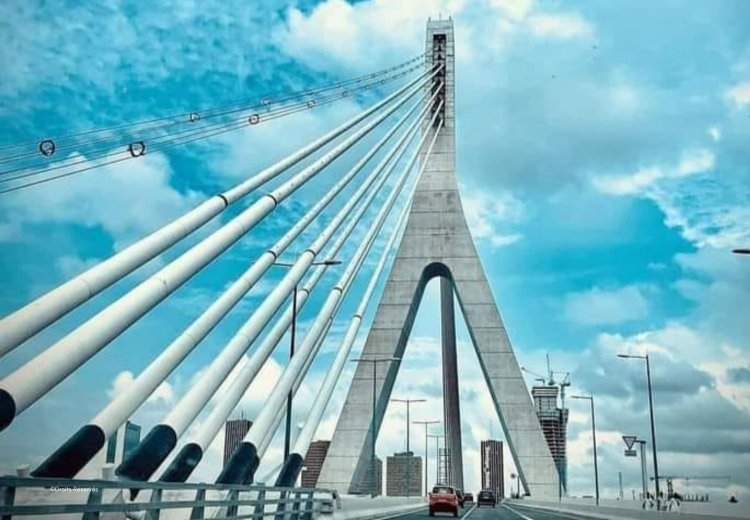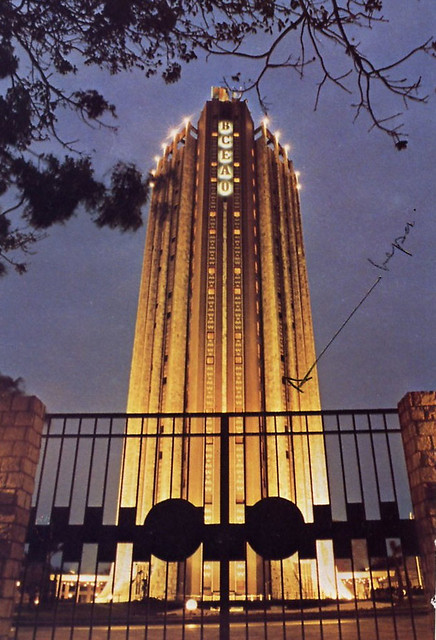Ivory Coast, the new epicenter of West African fortunes
In 2025, Côte d'Ivoire establishes itself as the main creator of wealth in West Africa, confirming its status as a regional economic powerhouse. Supported by robust growth, a gradual diversification of its key sectors, and a proactive economic policy, the Ivorian economy provides fertile ground for the emergence and concentration of great fortunes, primarily in the city of Abidjan.
According to the Africa Wealth 2025 report, Sub-Saharan Africa is home to approximately 73,800 millionaires (in dollars), 196 centi-millionaires, and 12 billionaires, distributed among a few strategic hubs. Among them, Abidjan stands out as an essential hub, positioning Côte d'Ivoire among the drivers of private wealth growth on the continent, alongside Nigeria, South Africa, and Kenya.
For over a decade, the country has shown sustained economic growth, with a projected real GDP of 6.5% in 2025. The levers of this performance are found in industry, trade, agribusiness, construction, and the tertiary sector. As the world's leading producer of cocoa and cashew nuts, Côte d'Ivoire has engaged in increased diversification of its exports and attracts massive private investments as part of the National Development Plan (PND).
The economic capital of Côte d'Ivoire concentrates infrastructure, talent, capital, and opportunities, creating a powerful agglomeration effect. The metropolitan development of Abidjan, comparable to the trajectories of major emerging cities, makes it the nerve center of finance, services, and industry in West Africa. Ivorian millionaires primarily thrive in finance, international trade, industry, and natural resources.
The projection of a 65% increase in the number of African millionaires by 2035 illustrates the scale and speed of the wealth concentration phenomenon on the continent. In Côte d'Ivoire, this dynamic reflects both the vitality of the national economy and the country's ability to attract and channel capital flows, thus confirming its positioning as an emerging hub of prosperity in West Africa.
However, this evolution comes with structural and cyclical challenges that need to be addressed, particularly the risk of worsening social inequalities if wealth growth is not accompanied by inclusive redistribution, the persistent vulnerability to political, security, and geopolitical uncertainties, as well as a continued marked dependence on natural resources despite progress made in economic diversification.
Despite these vulnerabilities, Côte d'Ivoire today asserts itself as a space of relative stability in a regional environment often marked by turbulence, which enhances its attractiveness to international investors and confirms its growing weight in the African ecosystem of great fortunes. Abidjan thus emerges as a strategic crossroads of regional wealth and a nerve center of economic dynamics in West Africa.
Source: APR News, MEPD Web Portal Editorial Team




